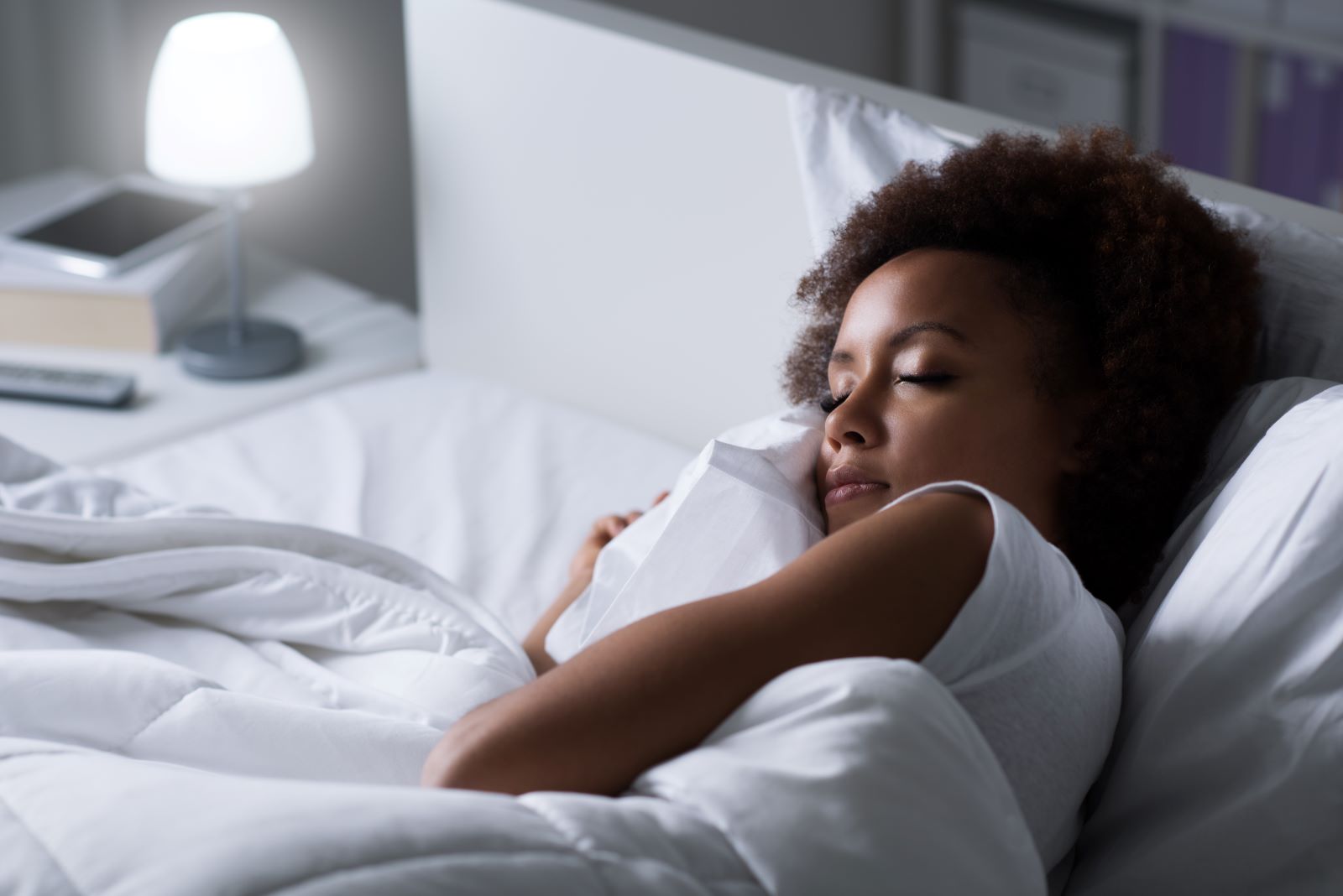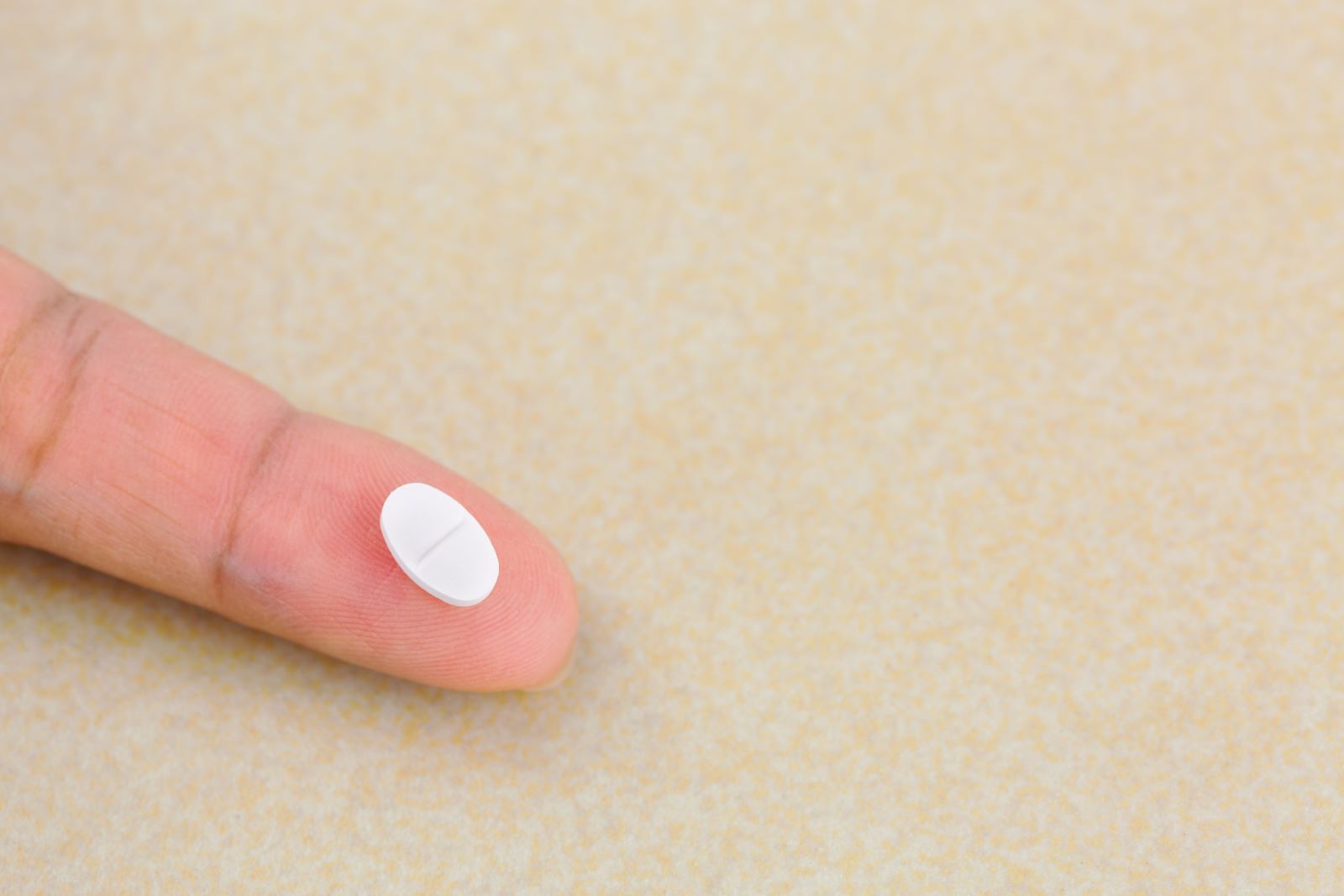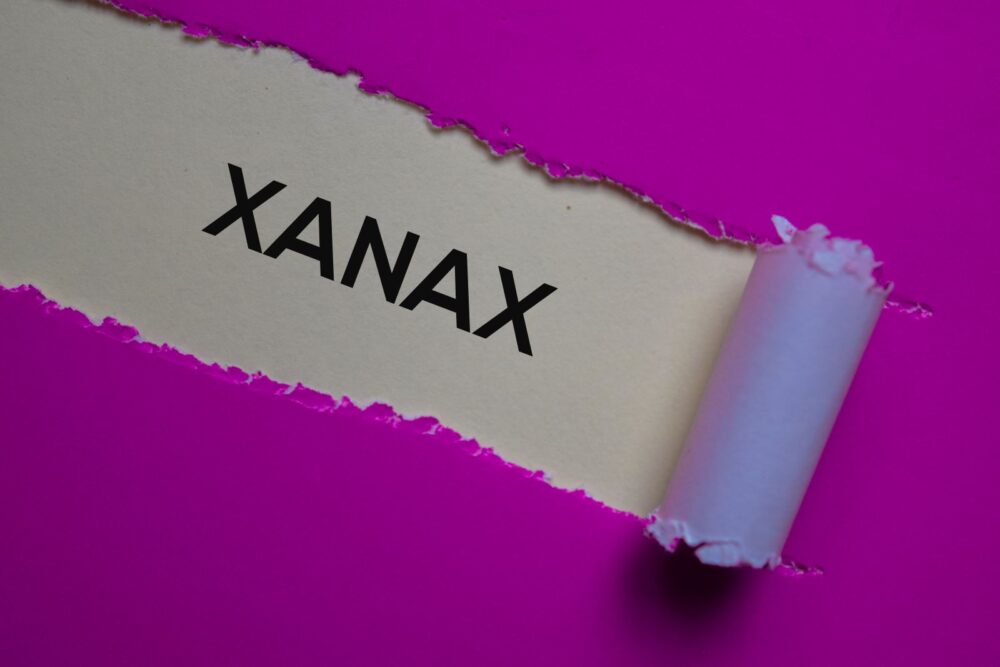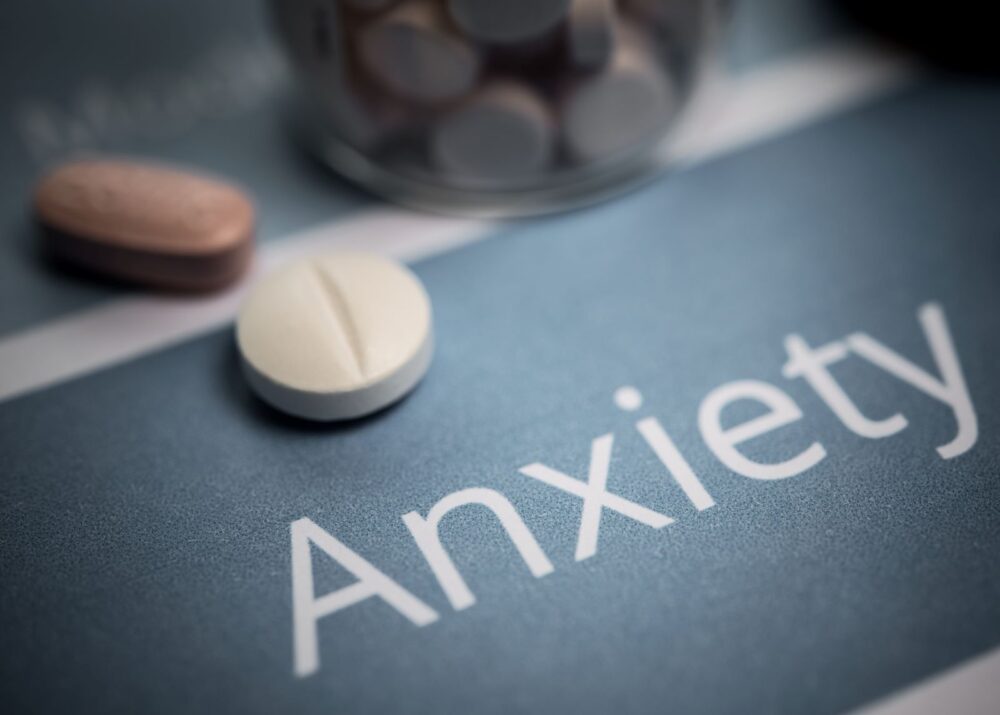Table of Contents
- Does Xanax® Help You Sleep?
- What Are The Common Side Effects of Taking Xanax® For Sleep?
- What is the Difference Between Ambien and Xanax® For Sleep?
- What Natural Alternatives are there to Xanax® for Sleep?
- What are the Dangers of Using Xanax® As A Short-Term Sleep Aid?
- What are the Dangers of Long-Term Use of Xanax® for Sleep?
- I’m Prescribed Xanax® for Anxiety. Should I Take it if I Can’t Sleep?
- Frequently Asked Questions About Xanax® for Sleep
- Recover From Xanax® Addiction with Infinite Recovery
- Sources:
Xanax® (alprazolam) is a medication known for its usefulness in treating various anxiety disorders, including generalized anxiety disorder, panic attacks, and panic disorders. Furthermore, Xanax® may be recommended for ailments linked to a fear of specific settings or situations that could cause panic, helplessness, or embarrassment. But should you take alprazolam for sleep?
Xanax® belongs to a class of drugs known as benzodiazepines. Other drugs in this class include Ativan®, Librium®, Valium®, and Klonopin®.
Xanax® has been prescribed off-label for sleep disorders like insomnia due to its sleep aid capabilities. It has a soothing impact on the body by working on the brain and central nervous system. To produce a sedative effect, this medication mimics the GABA neurotransmitter in the brain.
Since this medication calms you down and induces sleep, many individuals believe that using it to treat insomnia is acceptable. Insomnia is the inability to go to sleep, stay asleep, or wake up at an inappropriate time. Your energy level, emotions, health, productivity at work, and general quality of life can all be impacted by insomnia.
Does Xanax® Help You Sleep?
Beginning in the early 1970s, Xanax® was initially used to treat insomnia; however, because of the drug’s considerable potential for dependence and addiction, it is now rarely administered to treat this sleep disorder.[1]
Although Xanax® has a short half-life, it is less effective than other drugs and carries a considerable risk of dependence and addiction. Ultimately, it will make you very tired.
What Are The Common Side Effects of Taking Xanax® For Sleep?
Taking Xanax® for sleep is rarely advised these days. The cons outweigh the pros, specifically with addiction risks and side effects (which aren’t prevalent in other sleep aids).
Common side effects of taking Xanax® to get to sleep include excessive sleepiness, next-day drowsiness, confusion, dry mouth, sleepwalking, lightheadedness, and weight gain.
All of these side effects are on top of a list of already negative side effects of Xanax®, that list includes
- Blurry vision
- Increased anxiety
- Diarrhea
- Headaches
- Loss of libido
- Sweating
If you become too dependent on Xanax® for sleep, the insomnia becomes even more difficult to manage when you try to stop. This is because your body will begin to go into withdrawal, which includes nasty symptoms like cold sweats, tremors, body aches, anxiety, worsening insomnia, and appetite changes.
What is the Difference Between Ambien and Xanax® For Sleep?
For starters, Xanax® is rarely prescribed by a doctor to treat sleep disorders or problems with sleep. Sleep medications that are specifically designed to help you sleep are the go-to when approaching sleep disorders.
In fact, Xanax® has no effect on treating insomnia. Your symptoms will return as soon as you stop taking the medication; it merely numbs you from them. You can treat insomnia with a variety of other, significantly less addictive drugs as well as some natural therapies. It is well known that a regular sleep pattern and a healthy diet work well together.
| Xanax® | Ambien | |
| Prescription Medication | Yes | Yes |
| Sedative/Hypnotic | No | Yes |
| Benzodiazepine | Yes | No |
| Addictive | Yes | Sometimes |
| Prescribed for sleep | Not typically | Yes |
| Leaves you rested | No | Yes |
Source: [2]
What Natural Alternatives are there to Xanax® for Sleep?
Your body and brain work more efficiently when you sleep. A restful night’s sleep can enhance your capacity for learning, memory, making decisions, and even creativity.
There are many supplements and medications on the market that specifically target insomnia and those struggling to stay asleep. The most popular options are as follows:
Melatonin: Your body naturally creates melatonin, a hormone that alerts your brain when it’s time to sleep.[3] Melatonin supplements have gained popularity as a sleep aid as a result. Melatonin may also enhance the general quality of sleep in people with sleep problems. Particularly, melatonin seems to shorten the time it takes people to fall asleep and lengthen their total quantity of sleep.
Lavender: The calming scent of lavender is thought to improve sleep. According to several studies, light insomniacs may be able to enhance their sleep quality by merely inhaling lavender oil before bed.
Prescription Medication: There are many FDA-approved medications used to treat sleep problems that do not contribute to addiction or other undesirable side effects. Talk to a doctor about options if you are struggling to sleep. Do not take prescription medication without a prescription, as your body might not react to them well.
What are the Dangers of Using Xanax® As A Short-Term Sleep Aid?
Your heart is impacted by benzodiazepines in general, like Xanax®. They lower blood pressure and heart rate. Using Xanax® for sleep, even short term, isn’t great for the body. If you aren’t struggling with anxiety or panic, your brain doesn’t need assistance managing its GABA receptors. This can, in fact, lead to reducing the levels of your brain’s happy chemicals when you may actually need them.
If you continuously use Xanax® to fall asleep, you’ll also develop a dependency, which means you’ll require it in order to nod off. When you try to stop, you can even experience withdrawal symptoms like rebound anxiety.
What are the Dangers of Long-Term Use of Xanax® for Sleep?
The danger of dependence, abuse, and addiction from Xanax® is extremely high. Even if you take the medication as directed, it is possible to develop physical dependence and withdrawal symptoms. When someone stops taking a medicine like Xanax® or reduces their dosage, they may experience a mix of mental and physical symptoms known as withdrawal.
Using Xanax® for sleep has a high potential to lead to drug abuse and physical or chemical dependence on the prescription medication.
I’m Prescribed Xanax® for Anxiety. Should I Take it if I Can’t Sleep?
You shouldn’t take Xanax® for anything other than what your doctor prescribed it for. If you are frequently experiencing difficulty falling asleep or are struggling with insomnia, consult your doctor to receive the best medical advice regarding your unique needs and potential prescription medications.
Frequently Asked Questions About Xanax® for Sleep
We have answered some of your most common questions about using Xanax® for sleep.
Do Sleeping Pills Affect Your Ability to Sleep in the Long Term?
The downside of taking sleeping pills is that they can easily become habit-forming. One of the most frequent adverse effects of sleep aids like benzodiazepine hypnotics and zopiclone is the “hangover” effect.
This phrase describes negative side effects such as tiredness, balance issues, poor motor coordination, and memory or concentration problems. Some users may continue to use sleeping pills over a longer period of time, even though they are typically only intended for short-term use (a few weeks or less).
Your chance of building a tolerance rises with continued use. This leads to some people misusing the sleeping medication or increasing their dosage, which has further negative side effects.
Does Xanax® Have Any Drug Interactions?
Xanax® can interact negatively with a number of other substances. A few include opioids, other medications that cause drowsiness, like Benadryl, alcohol, some antibiotics, and seizure medications.
Can You Get Addicted to Using Xanax® as a Sleep Aid?
The risk of Xanax® addiction, substance abuse, and dependency is significant, regardless of the dosage. There is a chance that you could have physical dependence and withdrawal symptoms even if you take the drug as prescribed.
A person may experience a variety of mental and physical effects of Xanax®, known as withdrawal, when they stop using a medication like Xanax® or reduce their dosage. The withdrawal experience becomes considerably more challenging when attempting to stop using Xanax® if you become too dependent on it for sleep, even in low doses.
I Want to Stop Taking Xanax® to Sleep. What Should I Do?
Don’t attempt to recover on your own. It will be uncomfortable and dangerous. If you’ve become dependent on Xanax® as a sleep aid, consider entering detox under the care of a medical professional or entering a treatment facility to overcome dependence.
Recover From Xanax® Addiction with Infinite Recovery
At Infinite Recovery, we are mindful that Xanax® addiction has an impact on both the person and those close to them. We support recovery with compassion. We are here to help you on your way to sobriety and healthier living. If you or someone you know is battling a Xanax® addiction, get in touch with us right away.
Sources:
[1]Pagel, J. F., & Parnes, B. L. (2001, June). Medications for the treatment of sleep disorders: An overview. Primary care companion to the Journal of clinical psychiatry. Retrieved December 30, 2022, from https://www.ncbi.nlm.nih.gov/pmc/articles/PMC181172/
[2]RxList. (2018, October 15). Ambien vs. Xanax® for insomnia: Differences & Side effects. RxList. Retrieved December 30, 2022, from https://www.rxlist.com/ambien_vs_Xanax®/drugs-condition.html
[3]Zisapel, N. (2018, August). New Perspectives on the role of melatonin in human sleep, circadian rhythms and their regulation. British journal of pharmacology. Retrieved December 30, 2022, from https://www.ncbi.nlm.nih.gov/pmc/articles/PMC6057895/


















